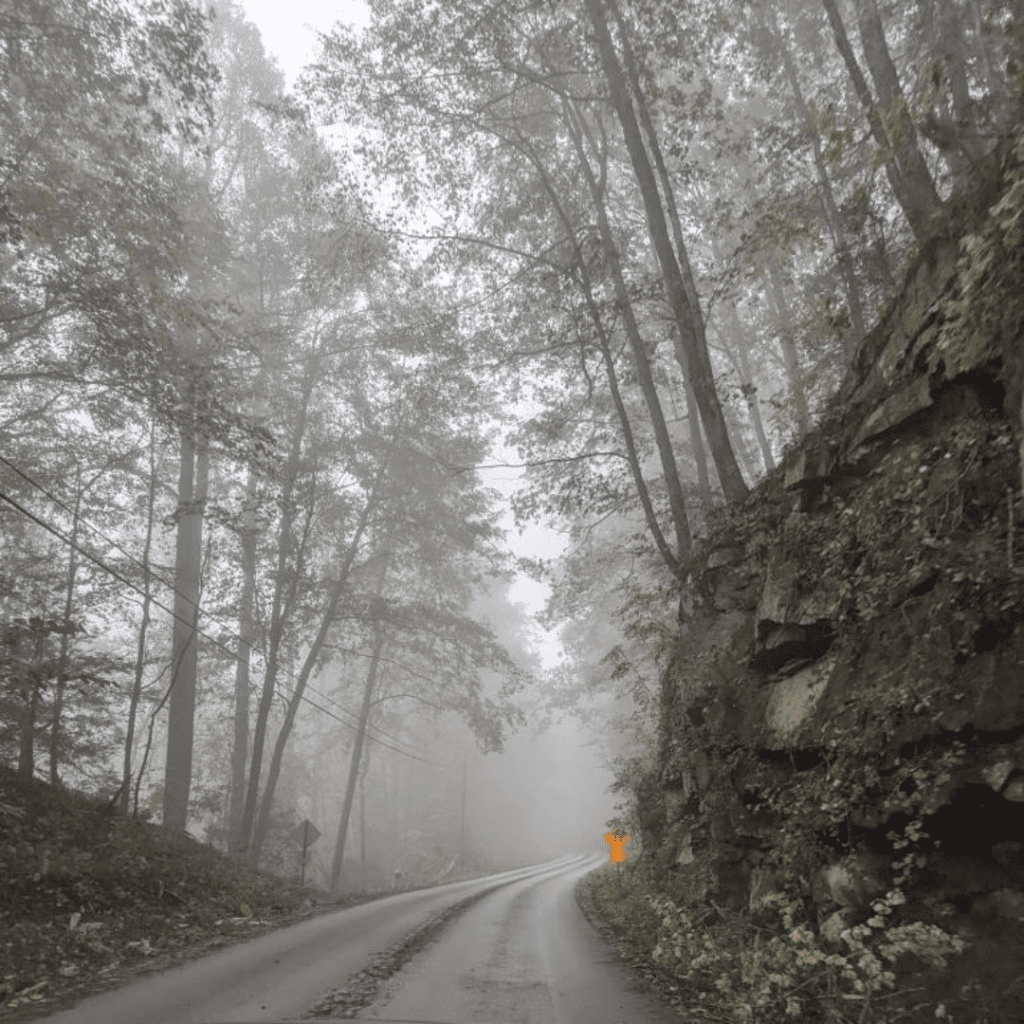Owning a well is a huge step in homeownership. Not only does it allow you to decrease your water bills, but it can also give you the peace of mind that you have your own source of water. While the end product is great, getting there is the hard part. Many homeowners find that once they have committed to the idea of building a well on their property, they don’t know how to get started (especially if they are treating it as a home project and doing most of it themselves). In these cases, it can be helpful to know exactly how to prepare your property for a well. To help with this, we’ve compiled the first few crucial steps to get you started in the right direction!
Clear Well Vegetation From Drilling Site
When you first meet with a contractor, they’ll survey the property to try and identify a suitable spot for a well. If the site they’re surveying has a lot of vegetation on it, it will take longer for them to survey it adequately. To ensure that all the drilling work can be done easily, you should clear any troublesome trees or bushes. While you’re doing this, keep in mind that you simply want to clear an area for drilling and traversing. Do not go overboard on wiping out the plant life!
Make Sure the Well Drilling Sight Is Accessible for Industrial Size Vehicles
If your well drilling sight is remote, you’ll need to ensure that the contractor trucks and heavy-duty drilling equipment have enough room to reach the well sight. You may have to cut down trees and clear the ground for a road. While this may take some time and effort, if you undertake it before you start construction of the well, everything will happen a lot faster.
Create a Debris Disposal Area
The well-digging process creates a lot of excess rock, dirt, and debris. Having a place to store it or dump it can help in the progression of the construction. Most people opt to dig a pit for the debris, but since many project debris includes some metal or industrial waste, it may be best to rent a dumpster.
Knowing how to prepare your property for a well is good knowledge to have, as it can decrease the time spent on the project overall. By planning on what you need to do to make your property a good fit for a well, you’re reducing the stress that usually accompanies such projects. Just remember that no matter what, building that well is a benefit to you and your property!






















